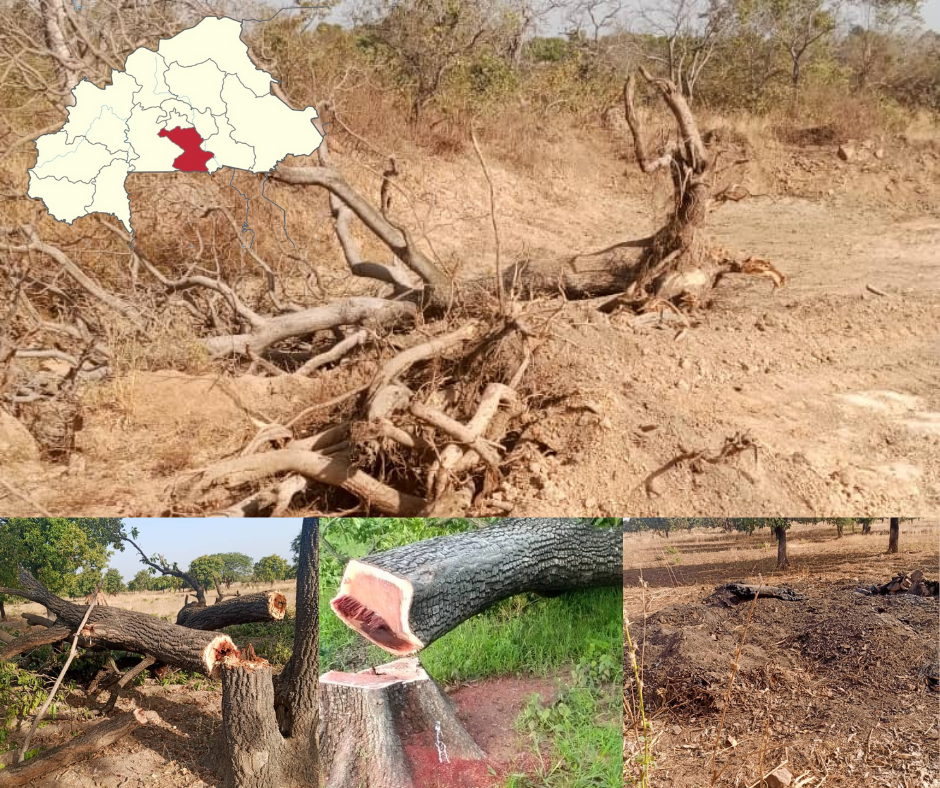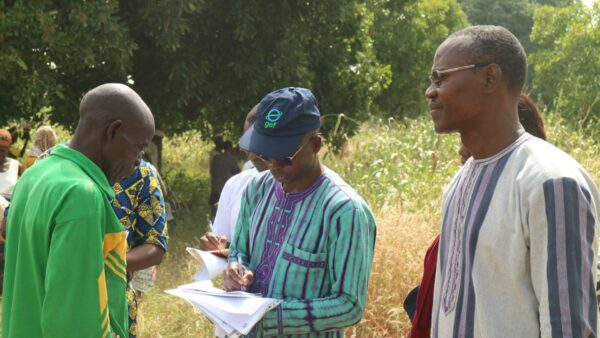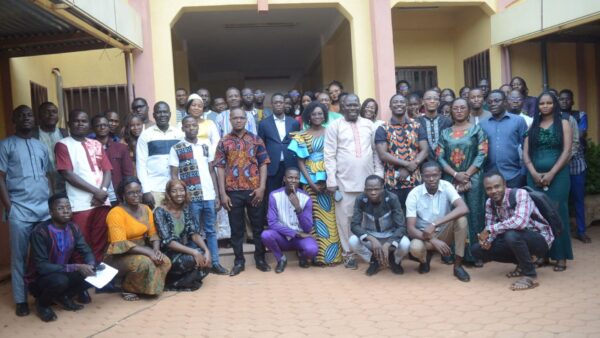To revise the National Climate Change Adaptation Plan with a view to developing a second National Adaptation Plan, the consultancy firm Associés en Management public et Développement International (AMD International) was commissioned by the Global Green Growth Institute (GGGI), in partnership with the Burkinabe government and with financial support from the Green Climate Fund (GCF), to assess the vulnerability, climate risks, and adaptation options of the Centre-Sud region; and, in response, to develop a regional adaptation plan.
The Burkinabe context strongly affected by numerous natural hazards
This study was conducted based on the observation that the Burkinabe context is strongly affected by the adverse effects of climate variability and change. The country is exposed to several natural hazards, including droughts, floods, epidemics, heat waves, windstorms, and insect infestations. These threats hinder its development and contribute to problems such as desertification, land degradation, food insecurity, increasing poverty, migration to the center of the country, and development in general.
An ambitious program to strengthen resilience and adaptation to climate change
To address these challenges, an initial plan was already developed and approved in May 2015 with the vision of “better managing” Burkina Faso’s economic and social development by implementing planning mechanisms and measures that take into account resilience and adaptation to climate change by 2050. To support the implementation of this plan, the Burkinabe government, through the Executive Secretariat of the Designated National Authority and GGGI, mobilized a preparation and support program financed by the Green Climate Fund (GCF). The program aims to support the integration of adaptation into subnational planning, the strengthening of institutional frameworks, and the development of a financing strategy and concept notes for adaptation projects. It is expected to address one of the main gaps identified: weak governance and institutional coordination of the NAP at the national and local levels.

Reforestation activities by women in the South-Central region
Development of a regional adaptation plan to address the region’s climate challenges
AMD International’s expertise was sought to lead this mission, which took place in three main phases: a scoping phase; another for capacity building, data collection and processing; and a final phase dedicated to analysis, reporting, and results presentation and validation. Thus, throughout the mission, AMD International was able to produce all key deliverables, including:
- the scoping report;
- The region’s vulnerability, risk, and adaptation options analysis report;
- the regional adaptation plan and an adaptation planning process manual;
- and capacity-building sessions in the region.

A team from AMD International (the two men from the left) and a team from the environmental sector group during a focus group in Manga
Complex challenges calling for effective adaptation strategies
The results of this assessment show that the Centre-Sud region faces complex challenges related to climate change, with a significant portion of its territory vulnerable to variations in rainfall and temperature fluctuations. In addition to the gradual decline in rainfall, there is a significant increase in temperatures, among other factors. To address all these challenges, the study highlights the need to adopt effective strategies and implement concrete actions.



